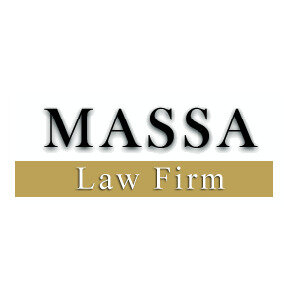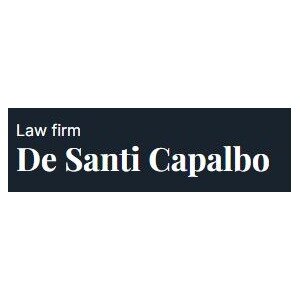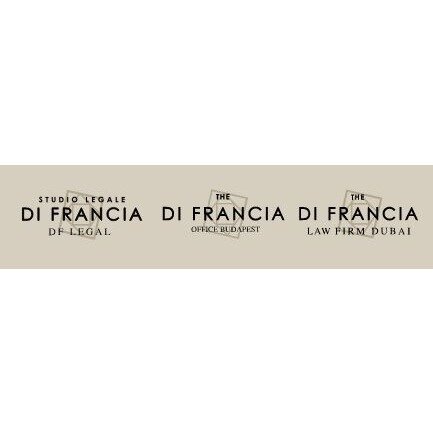Best Legal Document Lawyers in Bologna
Share your needs with us, get contacted by law firms.
Free. Takes 2 min.
List of the best lawyers in Bologna, Italy
About Legal Document Law in Bologna, Italy:
The field of Legal Document Law in Bologna, Italy, concerns the proper creation, filing, and execution of various legal documents that might be needed for different processes. It could include personal legal documents like wills, contracts, affidavits, and more complex documents related to business law and property. The need for accuracy, knowledge of laws, and understanding of the Italian legal language is of high relevance.
Why You May Need a Lawyer:
If you find yourself in a situation where you need to draft or interpret a legal document in Italy, it is advisable to have a lawyer or legal expert. Lawyers can help ensure that the legal documents are accurate, legal, and abide by the new GDPR laws. They can also help in disputes or clarifications related to legal documents, contract drafting, implementation, and breaches.
Local Laws Overview:
Italian law requires that certain documents like wills, deeds, contracts, and corporate documents comply with various regulations. The language used must be precise to avoid ambiguity, and specific laws govern the form and content of contracts. Contracts involving real property must follow the rule of “Forma Scritta Ad Substantiam” - i.e., it must be in written form, and non-compliance with these requirements could render a contract invalid or unenforceable.
Frequently Asked Questions:
1. Can I draft a legal document myself?
While it is technically possible to draft documents yourself, it is strongly recommended to have an experienced lawyer do it for you. This ensures that the document complies with all legal standards and protects your interests adequately.
2. Can legal documents be in English?
While some documents such as contracts can be written in English, by law certain other documents need to be in Italian or certified translated version must be provided.
3. Can I notarize my documents outside of Italy?
Notarizations done outside of Italy can be recognized, but typically require an apostille or double authentication process.
4. What happens if I have a dispute about a contract?
If a dispute arises from a legal contract, you should consult a lawyer who specializes in contract law who can advise you on the best course of action to take.
5. Do I need to keep my legal documents for a particular period?
Yes, time periods vary depending on the type of document and legal requirement. Hiring a lawyer would help you understand exact time periods.
Additional Resources:
Official websites of Italian justice system and Bologna city council, local law libraries, online resources such as Italian Law Journal and European e-Justice Portal, and other legal platforms can be consulted.
Next Steps:
If you need legal assistance, it's advisable to find a local attorney who specializes in the area of your concern. Online lawyer directories or local bar associations may assist in finding the right expertise. Ensuring that the lawyer understands your language is also essential for effective communication.
Lawzana helps you find the best lawyers and law firms in Bologna through a curated and pre-screened list of qualified legal professionals. Our platform offers rankings and detailed profiles of attorneys and law firms, allowing you to compare based on practice areas, including Legal Document, experience, and client feedback.
Each profile includes a description of the firm's areas of practice, client reviews, team members and partners, year of establishment, spoken languages, office locations, contact information, social media presence, and any published articles or resources. Most firms on our platform speak English and are experienced in both local and international legal matters.
Get a quote from top-rated law firms in Bologna, Italy — quickly, securely, and without unnecessary hassle.
Disclaimer:
The information provided on this page is for general informational purposes only and does not constitute legal advice. While we strive to ensure the accuracy and relevance of the content, legal information may change over time, and interpretations of the law can vary. You should always consult with a qualified legal professional for advice specific to your situation.
We disclaim all liability for actions taken or not taken based on the content of this page. If you believe any information is incorrect or outdated, please contact us, and we will review and update it where appropriate.















